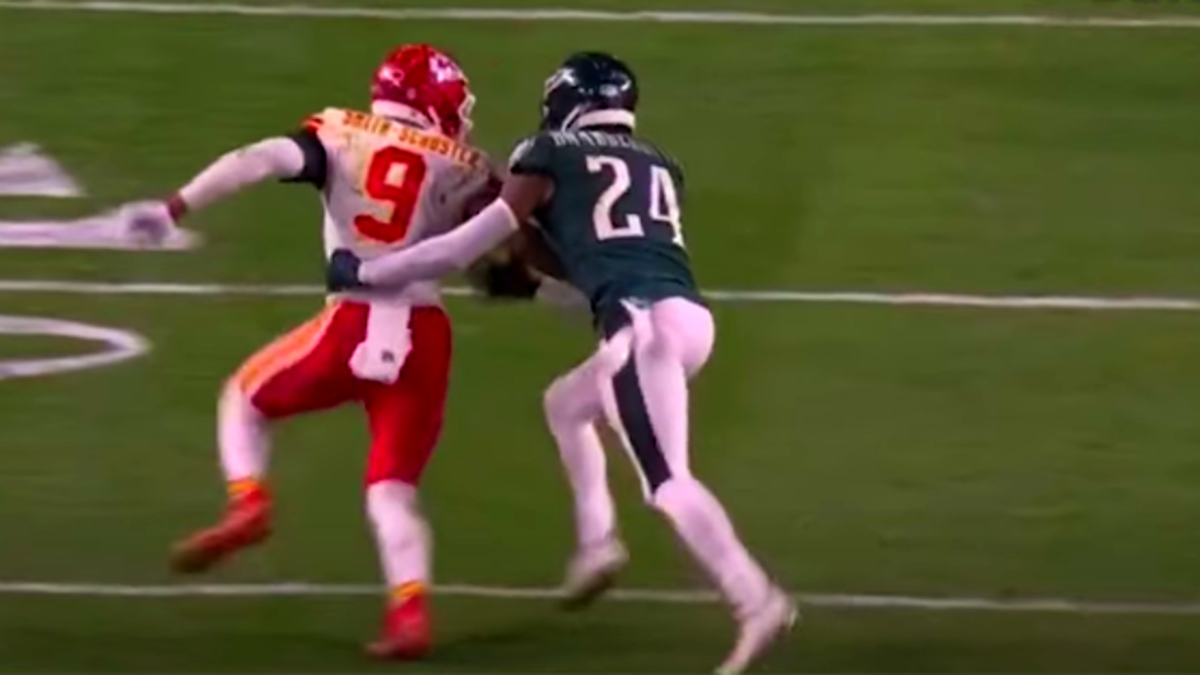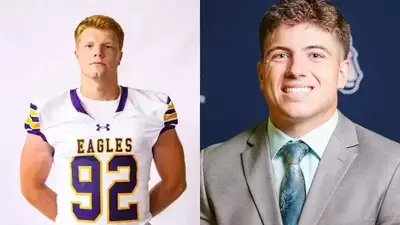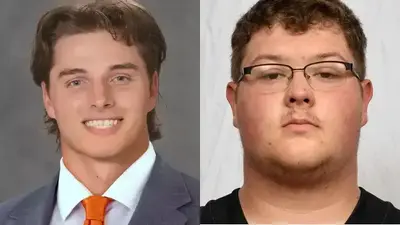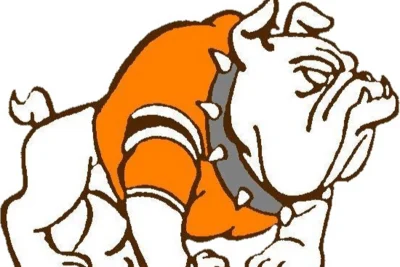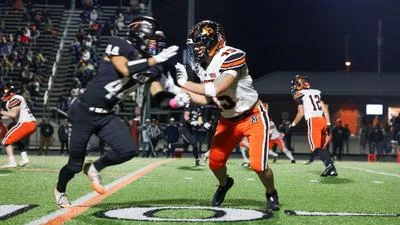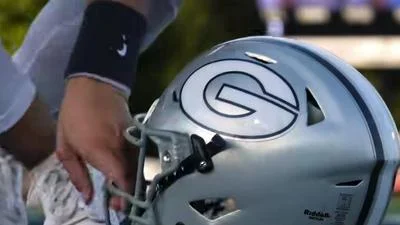Let’s talk penalties and making the call.
When a big game is on the line … do you make the call or let it slide?
To most fans, Super Bowl LVII was one of the most exciting NFL championship games of all time. The Kansas City Chiefs defeated the Philadelphia Eagles 38-35 on a field goal with eight seconds left.
The game had everything. It had two teams at 16-3 entering the game. It had an MVP playing through pain on a severely injured ankle. It had brothers on opposing teams. It had controversial commercials. It had a field that was slippery and ill-prepared for such a big game. It had a team (the Eagles) that could not be stopped when it needed two yards for a first down, and whose open-field jukes and dekes left KC defensive players on the ground looking up. It had the Eagles pushing their running back up the middle for first downs and it had the Chiefs’ quarterback Patrick Mahomes dialing up his trusted tight end Travis Kelce when he needed a clutch gain, and for their first touchdown.
It had a five-minute opening drive for a score, an answering score, a missed field goal, a score and another answering score, followed by two Eagles drives to take a 10-point lead. The Chiefs fought back, took the lead, padded the lead, then were tied with 5:15 left in the fourth quarter before taking the ball down the field (yeah, there were calls we will discuss) and hitting a 37-yard Harrison Butker field goal to win it in the final eight seconds.
And it had controversial calls. It had a deep-gain pass completion overruled by cameras; one apparent reception-fumble that was ruled an incomplete and one possible out-of-bounds incomplete ruled a completion, and these were before the most controversial call of the game.
The first disputed catch was a deep-out from Jalen Hurts to DeVonta Smith for an Eagles first down. Smith got both feet in bounds for the catch, but replays convinced officials that the ball hit the ground during the catch for an overrule to incomplete.
Perhaps the biggest call of the game prior to the last two minutes was Miles Sanders’ catch-and-fumble that was ruled a non-catch. On a swing pass, with the Eagles leading 24-21, Sanders caught the pigskin, got two feet down and made an athletic move, but could not get the first step to the ground before the Chiefs’ L'Jarius Sneed demolished him, and the loose ball was picked up by KC’s Nick Bolton and returned for an apparent touchdown. The momentum swing only lasted a moment, as on replay, officials concluded that Sanders did not complete “an act common to the game” before the hit and fumble. Ruling – incomplete pass.
Later, Eagles receiver Dallas Goedert made a leaping, acrobatic catch in double coverage. The play stood, though it looked to many that Goedert double-caught the ball and only got one foot in bounds.
The game came down to a 35-35 tie with less than two minutes left. Chiefs quarterback Mahomes was marching the team down the field, but it looked like a long field goal attempt would be tried with enough time left on the clock for the Eagles to answer.
Mahomes threw a deep third-down pass to receiver JuJu Smith-Schuster. The ball fell beyond the receiver for an apparent fourth down and field goal try. But officials called holding on Philadelphia cornerback James Bradberry to give the Chiefs an automatic first down. That allowed them to run down the clock to end the game, essentially, on Butker’s game-winning field goal. Bradberry admitted that he held Smith-Schuster.
“It was a holding,” Bradberry said. “I was hoping he would let it go, but of course, he's a ref, it was a big game. It was a hold, so they called it.”
Game official Carl Cheffers said, “Bradberry restricted Smith-Schuster's release with a tug of the jersey. That is a hold.”
End of story? No. Public outcry and tweets from athletes bemoaned the call.
“Let it go,” they cried. While Eagles fans, no doubt, would have applauded the call if the shoe was on the other foot, many of them, and others, believe it was a ticky-tack call that robbed Philly of a fair shot at overtime. Unnamed NFL coaches have criticized the “controversial and terrible” defensive holding penalty, and an athlete from another sport, Lebron James (NBA all-time scoring leader), weighed in, saying, “A game that important shouldn’t rely on a penalty call. Late in a game, they should just let the players play.”
But James has long advocated for letting star players have unlimited fouls so they can’t foul out, and arguably, he receives star treatment on calls, as to some it seems that he seldom gets called for traveling or for other violations.
On the other side, television commentator and respected former NFL coach Tony Dungy said, “Penalties are penalties whenever they’re committed. If you see it, you have to call it – even in a Super Bowl.” Dungy cited another call from earlier in the game to back up his point. He stated that a Chiefs’ offsides penalty not being called in a similarly critical moment would've been “just as egregious as not calling the holding infraction on Bradberry.”
It comes down to this. Without rules – enforced rules – life is chaos, and sports is ungovernable. If a rule is enforced in the first minute of the first game of the year, shouldn’t it be uniformly enforced all the way through to the last minute of the last game of the year? That means balls and strikes, charging and traveling, holding and unnecessary roughness, catches and non-catches, boarding and roughing.
What do you think? Do you want stars getting special treatment and situations dictating when rules are enforced? Or do you want calls made consistently, regardless of the situation? Let me know at mike.blake@mountvernonnews.com.

